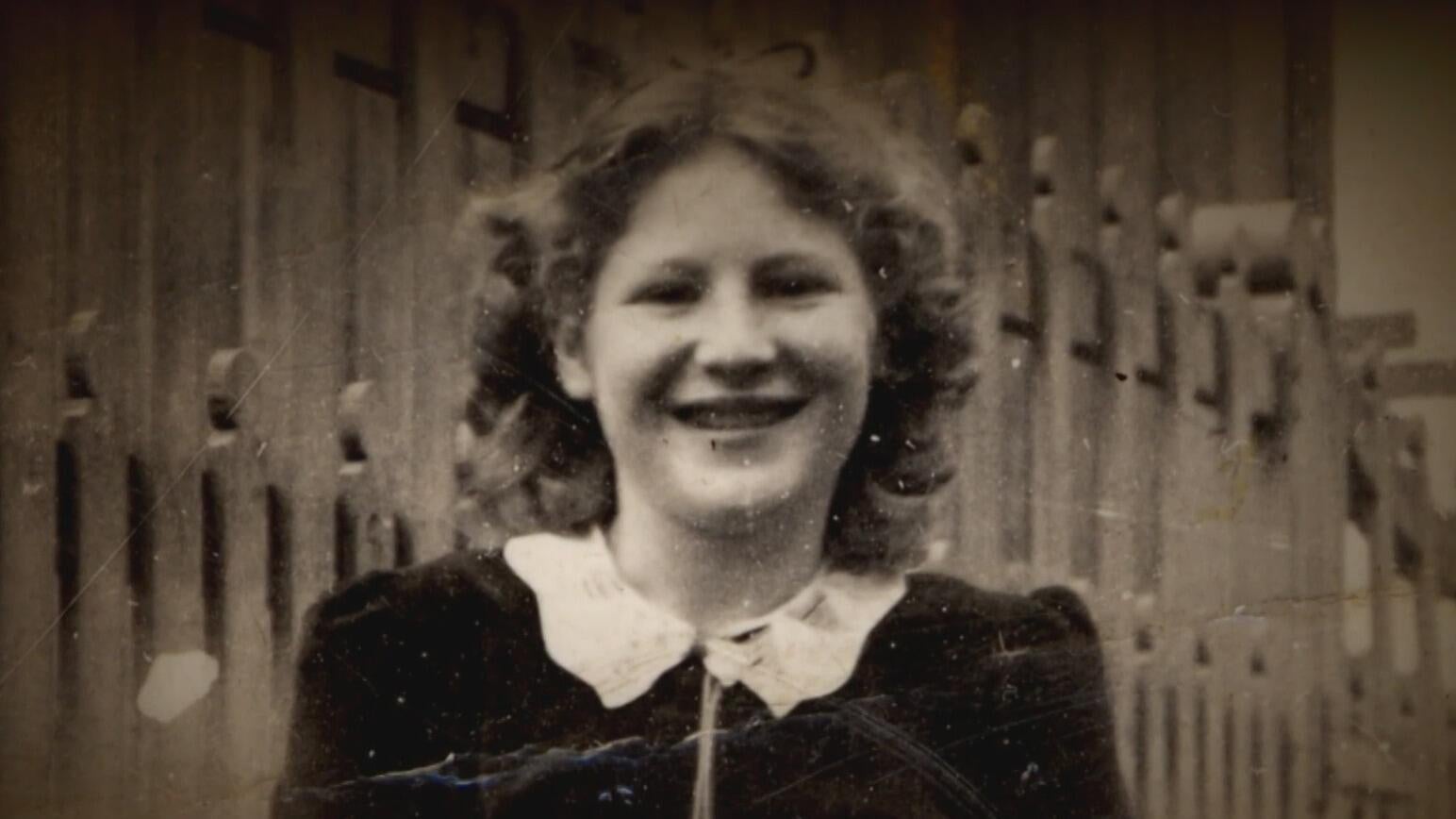80 years after Holocaust, French survivor hopes we can learn from history
May is Jewish American Heritage Month, a time to recognize the history and contributions Jews have made to the United States. 2025 also marks 80 years since the end of the Holocaust, which killed six million Jews.
According to the Holocaust Center of Pittsburgh, more than 350 survivors came to the region, with fewer than 20 still alive. With fewer opportunities to hear their stories, we want to share those that we can, including that of a survivor from France, hidden by a Catholic couple.
Solange Lebovitz's story
At 94 years old, Solange Lebovitz is keeping tradition alive at her home in Squirrel Hill, with the Shabbat candlesticks her parents received as a wedding gift in 1914.
"It's the ancestry," Solange said.
Solange was born in Paris in 1930, the youngest of six children. Ten years later, Nazi Germany invaded France.
"We were not allowed to go on the beach because of all the bodies of the English soldiers," Solange said.
Her parents sent her to live with her older sister, Regine, in a remote village. There, they were under the Vichy government, which ran the unoccupied part of France in the south and east, while the Nazis ran the north and west. However, the government worked closely with the Nazis and passed anti-Jewish laws, restricting occupations and daily life for Jews, and requiring them to wear the Jewish star.
"Everybody was looking at me. They didn't know what it was," Solange said. "I didn't want to be different. Why should I be chosen to be different just because I'm a Jew?"
Meanwhile, in Paris in July of 1942, her other sister, Berthe, tried to bring milk and bread to their neighbors, taken to the Vel d'Hiv, an indoor sporting arena, where, according to Yad Vashem, German forces had arrested and crowded 13,000 Jews, including 4,000 children, with little to no food and water.
However, before she got inside, guards made fun of her and turned her away.
"She hid under the table and cried, and told my parents we cannot stay here any longer," Solange said.
While the encounter traumatized her, Solange said that had her sister been allowed inside, it would've been much worse, as the majority of the people there were later killed at Auschwitz.
"She would never have come back. She would have been deported with all the other people," Solange said.
Eventually, Solange and Regine went back to Paris to find the rest of their family gone, having fled the growing persecution in the city.
With the help of the resistance, most of their family escaped to Limoges, while Solange ended up in Couterne, Normandy, staying with a Catholic couple, whom she later learned her family had paid to take care of her.
One day, a German soldier came to her school, but her quick-thinking teacher had a plan.
"She sent me to the kindergarten class to supervise," Solange said.
To her relief, when he saw Solange with her red hair and blue eyes, not fitting the Jewish stereotype, he left. She remained in that village through D-Day and witnessed the fighting in the sky.
"This is very scary. The noise of the bomb. It's like whistling," Solange said.
Liberation came for Solange on Aug. 13, 1944, and then all of France on Aug. 25
"I was so relieved to be able to say that I am Jewish," Solange said.
By December, she reunited with her family in Paris but would unfortunately learn the Nazis killed her grandfather and some of her extended family.
Solange Lebovitz's connection to Pittsburgh
In 1952, Solange married Larry Lebovitz, another Holocaust survivor from Czechoslovakia. They settled down in Pittsburgh, and at age 50, she received her bachelor's degree from the University of Pittsburgh.
"This is something that I can't get over," Solange said.
Eighty years later, she continues to share her story, hoping the next generation can learn from the past.
"They have to study history. If you don't know history, you know nothing," Solange said.
What likely helped Solange survive is that she was born in France, and the French government tended to better protect French Jews over non-French Jews.
Still, the U.S. Holocaust Memorial Museum reports, for the most part, French leaders cooperated with the Nazis, leading to the murders of 77,000 Jews living in France.




